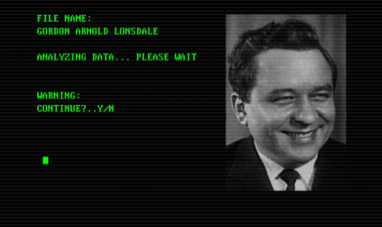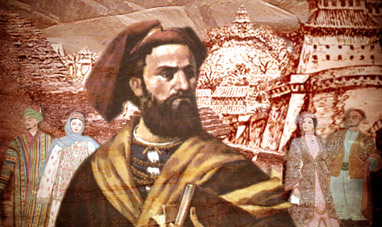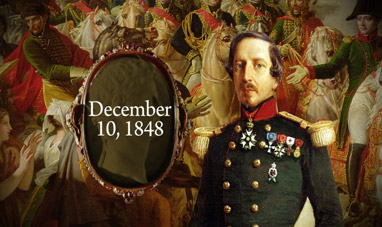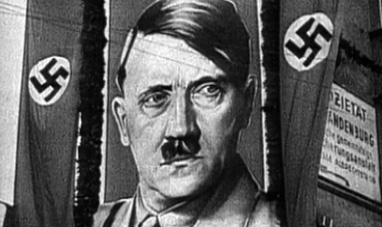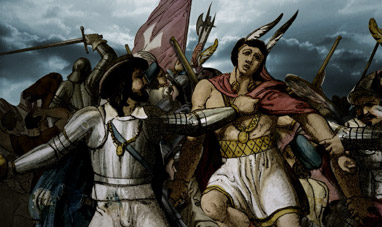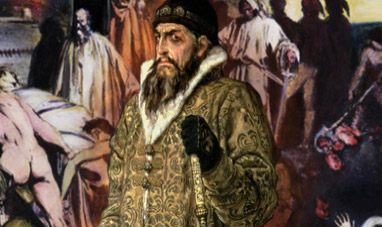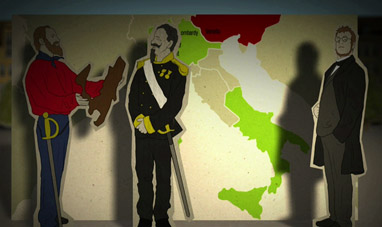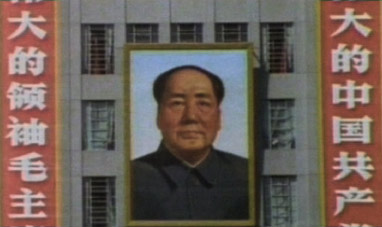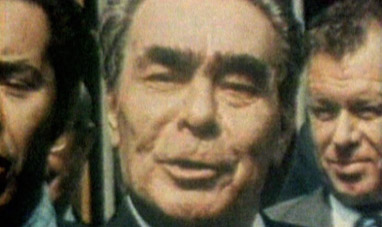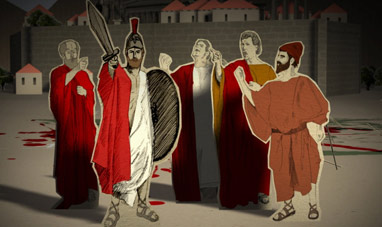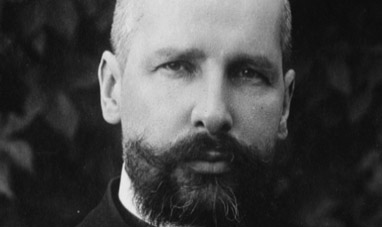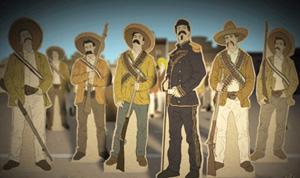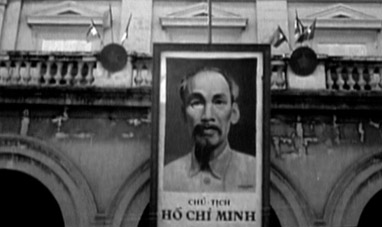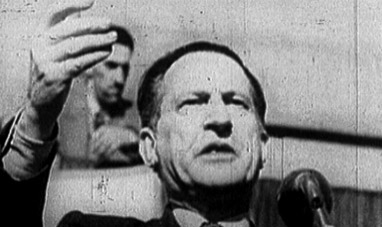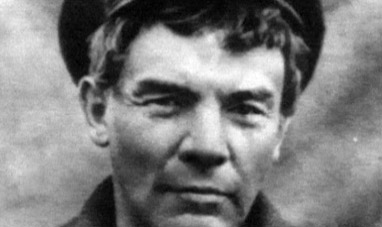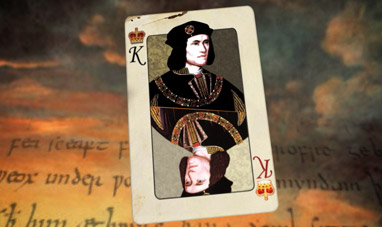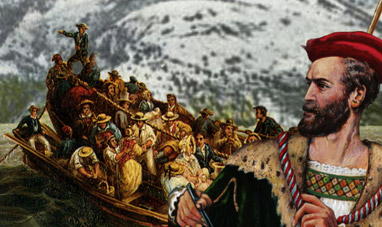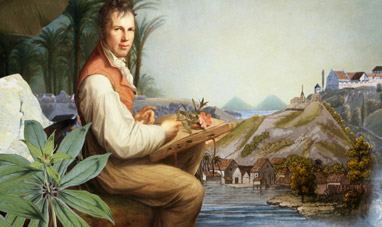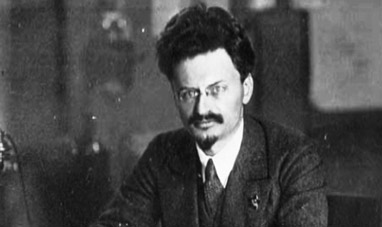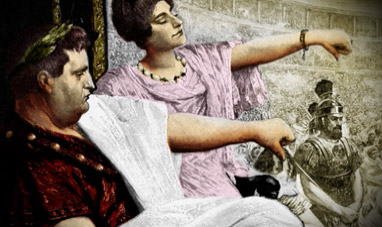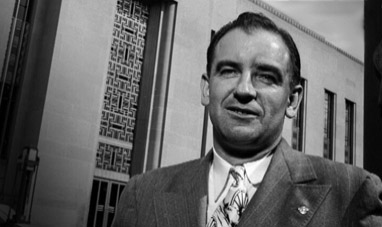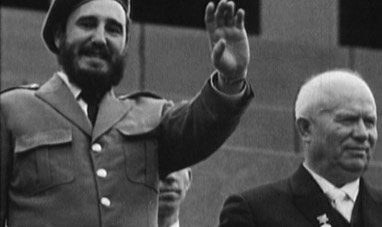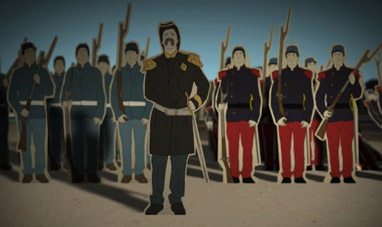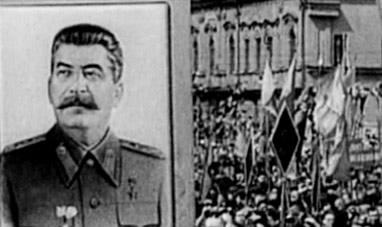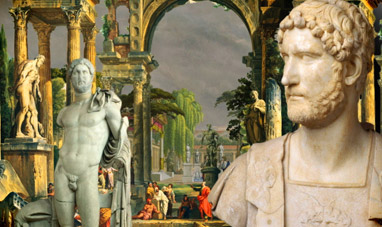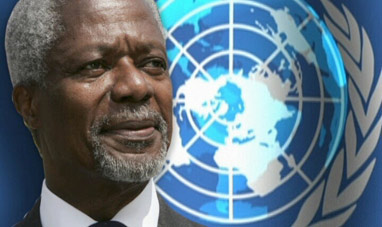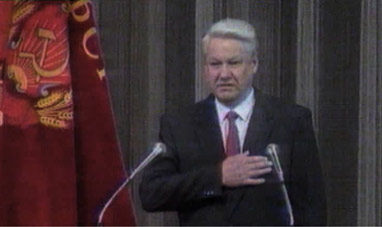Julius Caesar was one of the most influential historical figures of ancient Rome. Gaius Julius Caesar was a celebrated general and statesman.
Under his rule, Rome was converted from a Republic into an Empire.
Caesar was born in Rome in 100 BC into the gens Julius, one of the city's original aristocratic families.
Historians of the time described Caesar as a tall, intelligent man who was careful about his physical appearance.
He spent the early years of his life in Rome, in a period of violent clashes between Optimates and Populares.
The Optimates were led by Lucius Cornelius Sulla and supported the aristocracy.
The Populares, on the other hand, sought popular support. One of their leaders was Caesar's uncle, Gaius Marius.
Caesar sided with his uncle at the start of his political career.
In 82 BC, Sulla won against the Populares and became a dictator. Caesar left Rome to avoid retaliation. He came back to the city only four years later after the death of his rival.
When he was 31, Caesar became quaestor of Spain. This was the first important step in his long career.
He became governor of Farther Spain in 61 BC.
Caesar made a secret pact of cooperation with two of the most important Roman generals and politicians, Marcus Licinius Crassus and Pompey.
This partnership was called the triumvirate.
Thanks to new support from Crassus and Pompey, Caesar became consul in 59 BC and, soon after, governor of Cisalpine and Transalpine Gaul.
Caesar completed the conquest of Gaul in nine years and led invading legions as far away as Britain.
Caesar wrote about these military exploits in detail in his famous De Bello Gallico. In 53 BC, Crassus died in battle against the Parthians. After his death, a rivalry
escalated between the remaining two men in the triumvirate.
Pompey feared the rising popularity of Caesar.
While his rival was still in Gaul, Pompey was elected sole consul. He ordered Caesar to disband the legions and return to Rome.
Caesar refused.
In 49 BC, he led his army across the river Rubicon, violating the law that prohibited generals from entering state borders armed.
It was the beginning of a civil war.
Pompey fled Italy, but in 48 BC Caesar won a decisive victory against him at Pharsalus.
Pompey took refuge in Egypt, but King Ptolomy XIII had him killed, hoping to please Caesar. On the contrary, Caesar was disappointed to learn of his rival’s death.
Caesar deposed Ptolomy and replaced him with his sister Cleopatra. Caesar and Cleopatra had a son who later became the pharaoh Ptolemy XV Caesar.
In 46 BC, Caesar was nominated imperator, the supreme political and military ruler.
It was the end of the Roman republic. The empire was born.
But only two years later, Caesar was killed.
A group of political opponents of his dictatorship waited for him near the Senate. When Caesar arrived, he was immediately attacked. The twenty-three knife stabs were fatal.
Caesar recognized one of his friends among the conspirators just before dying. His last words were, “Even you, Brutus?!”
Under his rule, Rome was converted from a Republic into an Empire.
Caesar was born in Rome in 100 BC into the gens Julius, one of the city's original aristocratic families.
Historians of the time described Caesar as a tall, intelligent man who was careful about his physical appearance.
He spent the early years of his life in Rome, in a period of violent clashes between Optimates and Populares.
The Optimates were led by Lucius Cornelius Sulla and supported the aristocracy.
The Populares, on the other hand, sought popular support. One of their leaders was Caesar's uncle, Gaius Marius.
Caesar sided with his uncle at the start of his political career.
In 82 BC, Sulla won against the Populares and became a dictator. Caesar left Rome to avoid retaliation. He came back to the city only four years later after the death of his rival.
When he was 31, Caesar became quaestor of Spain. This was the first important step in his long career.
He became governor of Farther Spain in 61 BC.
Caesar made a secret pact of cooperation with two of the most important Roman generals and politicians, Marcus Licinius Crassus and Pompey.
This partnership was called the triumvirate.
Thanks to new support from Crassus and Pompey, Caesar became consul in 59 BC and, soon after, governor of Cisalpine and Transalpine Gaul.
Caesar completed the conquest of Gaul in nine years and led invading legions as far away as Britain.
Caesar wrote about these military exploits in detail in his famous De Bello Gallico. In 53 BC, Crassus died in battle against the Parthians. After his death, a rivalry
escalated between the remaining two men in the triumvirate.
Pompey feared the rising popularity of Caesar.
While his rival was still in Gaul, Pompey was elected sole consul. He ordered Caesar to disband the legions and return to Rome.
Caesar refused.
In 49 BC, he led his army across the river Rubicon, violating the law that prohibited generals from entering state borders armed.
It was the beginning of a civil war.
Pompey fled Italy, but in 48 BC Caesar won a decisive victory against him at Pharsalus.
Pompey took refuge in Egypt, but King Ptolomy XIII had him killed, hoping to please Caesar. On the contrary, Caesar was disappointed to learn of his rival’s death.
Caesar deposed Ptolomy and replaced him with his sister Cleopatra. Caesar and Cleopatra had a son who later became the pharaoh Ptolemy XV Caesar.
In 46 BC, Caesar was nominated imperator, the supreme political and military ruler.
It was the end of the Roman republic. The empire was born.
But only two years later, Caesar was killed.
A group of political opponents of his dictatorship waited for him near the Senate. When Caesar arrived, he was immediately attacked. The twenty-three knife stabs were fatal.
Caesar recognized one of his friends among the conspirators just before dying. His last words were, “Even you, Brutus?!”

